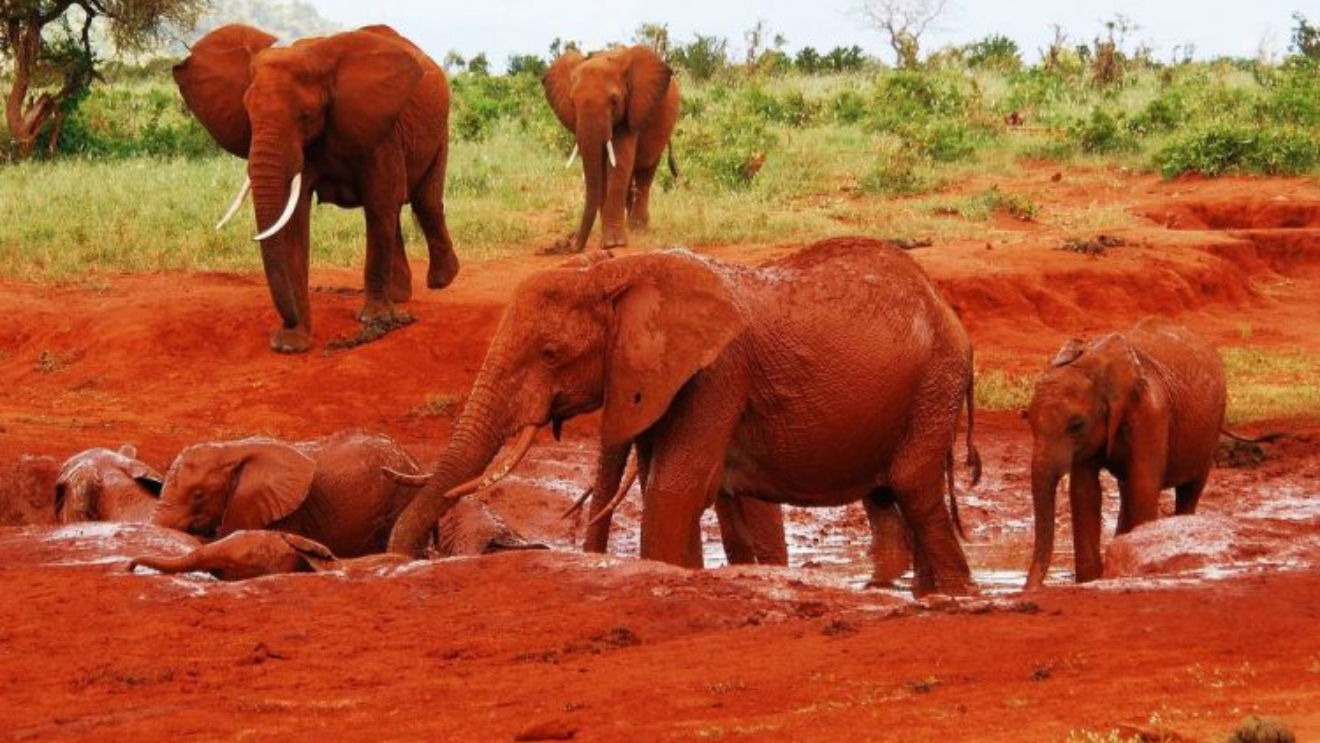Senior citizens aged 70 and above, as well as Kenyan Persons living with Disabilities, are set to enjoy enhanced access to Kenya's national parks, reserves, and sanctuaries.
This development comes as a result of the Kenya Wildlife Service's (KWS) comprehensive review of its conservation fees, spanning the period from January 2024 to December 2025. I
n adherence to the Constitution of Kenya 2010 and the Wildlife Conservation and Management Act 2013, KWS engaged in nationwide public participation forums from January 30th to February 23rd, 2023, gathering valuable public input on proposed fee revisions for these cherished natural spaces.
The insights shared by the public have significantly influenced the proposed changes in conservation fees, with a focus on inclusivity and education.
Senior citizens aged 70 and above, along with individuals classified under Kenyan Persons living with Disabilities, as defined by the Persons Living with Disability Act, will be granted free access to all national parks.
Read More
This move recognizes their unique contributions and acknowledges their distinct requirements.
Furthermore, KWS has responded to suggestions from the public by adjusting the age range for children's fees, shifting it from 3-17 years to 5-17 years.
This change is aimed at fostering a deeper appreciation for wildlife conservation among young visitors. Additionally, children below the age of 5 will be granted complimentary entry to all parks, promoting early engagement with Kenya's natural heritage.
In a bid to encourage more frequent visits throughout the year, KWS is introducing a novel approach to fee structuring.
The upcoming fee system will be characterized by high and low seasons.
The high season, spanning from July to March, will be complemented by the low season, which encompasses April to June.
This strategic initiative is designed to boost visitor numbers during traditionally quieter months, aligning with KWS's commitment to heightened public engagement with the country's rich biodiversity
The proposed conservation fee changes extend beyond fee adjustments.
KWS is actively exploring diverse avenues to enrich the overall visitor experience.
From night game drives and virtual experiences to water sports activities, animal tracking, and loyalty programs, these innovative offerings are set to provide visitors with a deeper and more interactive connection to Kenya's natural wonders.
KWS revealed that the revenue generated from tourism holds a multifaceted significance, serving as a cornerstone for conservation endeavours, security enhancements, and market research.
Equally crucial is its role in supporting local communities' educational initiatives and livelihoods.
Additionally, the infusion of tourism revenue contributes to vital improvements in park infrastructure, circuit roads, and overall visitor satisfaction.
As Kenya continues to shine as a premium global destination, boasting an array of landscapes teeming with diverse wildlife and rich cultural heritage, KWS has shown its commitment to preserving and enhancing the nation's natural treasures.
The proposed changes to conservation fees underscore this commitment, as KWS seeks to further elevate and enrich the authentic Kenyan experience for all visitors.












